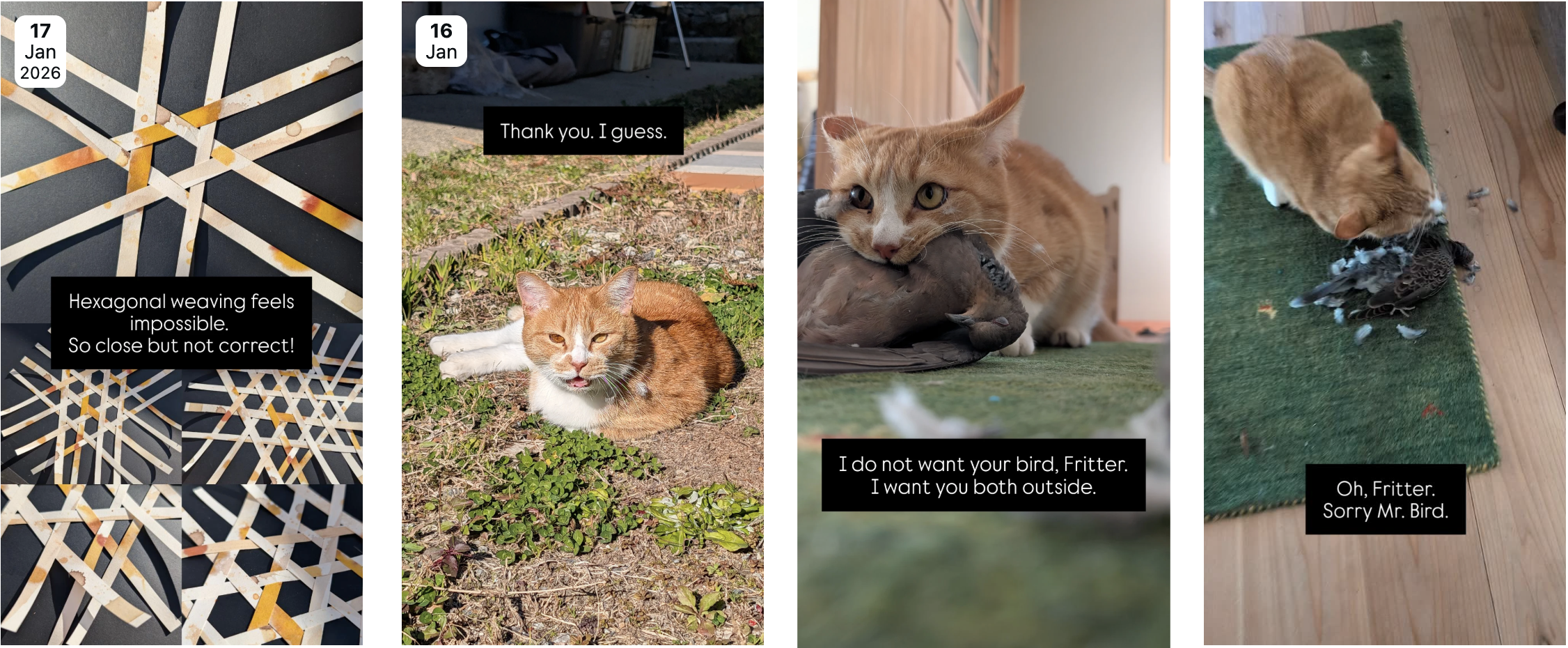Setting: a community of penguins working together
Time: present day
 Linux is a computer operating system developed by a lot of volunteers–some of them are geeky boys and girls; others are big companies. IBM loves Linux and has devoted a lot of resources to it, including donating bits of code to make it better.
Linux is a computer operating system developed by a lot of volunteers–some of them are geeky boys and girls; others are big companies. IBM loves Linux and has devoted a lot of resources to it, including donating bits of code to make it better.
Linux is free, “open-source” software and it’s distributed under a special license agreement called the GPL. The GPL says that you must pass the software along with its source (the human-readable code that allows anyone to make changes to it) and that you are not allowed to add any more restrictive license requirements than the GPL.
In other words, if you add something to Linux, you can’t require anyone to put your logo on it and you can’t start charging people to use the part that you created. You give it for free, or you don’t give it at all.
Enter the villain, twisting his mustache.
SCO was an important player in the Unix world but have gone downhill somewhat since its glory days. In fact, a few years ago, they bought a small company that had a beef with Microsoft so they could sue Microsoft. SCO won.
Now SCO is back at the judge’s bench. They claim that Linux incorporates some of the Unix code that they own the intellectual property (IP) right to. They say that code entered Linux via IBM’s donation.
The Unix world is filled with people buying and selling rights to bits of code, so it’s not a surprise that IBM had some of SCO’s old code. IBM and SCO worked together on Project Minerva in 1999, but abandoned the project in 2001. SCO says IBM stole their ideas and recycled them into Linux.
The good guys speak up
Now if it’s true that Linux includes SCO’s code, it isn’t really a big deal. The Linux volunteers could remove the SCO code and write new bits to do the same things. The IP infringement ends when the code is removed. Problem solved.
The plot thickens
But SCO isn’t saying exactly what parts are theirs and that means they can’t be removed. If they aren’t removed, then the IP infringement is still on and SCO can go to court. In March they sued IBM. The suit began with 1 billion dollars and currently seeks 3 billion dollars in damages.
SCO is a small company at the end of its life. Maybe what it wants is to create a nuisance and get itself bought out. IBM wasn’t taking the bait. They prepared to go to court. Now there are two countersuits against SCO.
The villain wrings his hands…
Perhaps SCO worried that IBM would win. Last week, SCO demanded $699 for every CPU running Linux and $32 for every device with Linux embedded, like your TiVo and internet phone. This fee licenses the SCO proprietary code; anyone who doesn’t pay faces a lawsuit.
Naturally, they are looking for companies that have lots of Linux computers. And of the Fortune 500, one company has agreed to pay up. Terms are not disclosed, nor the company.
The barbershop quartet sings a funny song
Ironically, and a very key point, is that SCO is a founding member of UnitedLinux, a consortium of companies promoting and distributing Linux under the GPL.
They have been distributing the disputed code under the GPL for over a year. By demanding a licensing fee, SCO violates the GPL they agreed to follow. So, according to the GPL, they can’t distribute Linux anymore. But neither can anyone else.
Choose your own ending
A) Someone finds and removes all the SCO code from Linux. (read here)
B) Investigators uncover a SCO-Microsoft conspiracy to discredit Linux (read here)
C) Linux dies of lawsuit-itis (read here)
D) SCO loses the lawsuits and goes bankrupt, giving their IP to IBM to cover costs.
Mediatinker by MAIL
Join 54 other subscribers
SEARCH
Longer Ago
Mediatinker, Kristen McQuillin, is an American-born resident of Japan since 1998. This blog chronicles her life, projects, thoughts, and small adventures.





